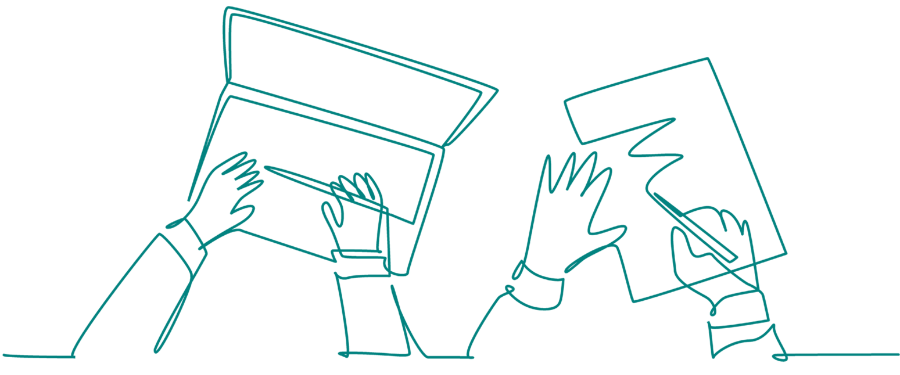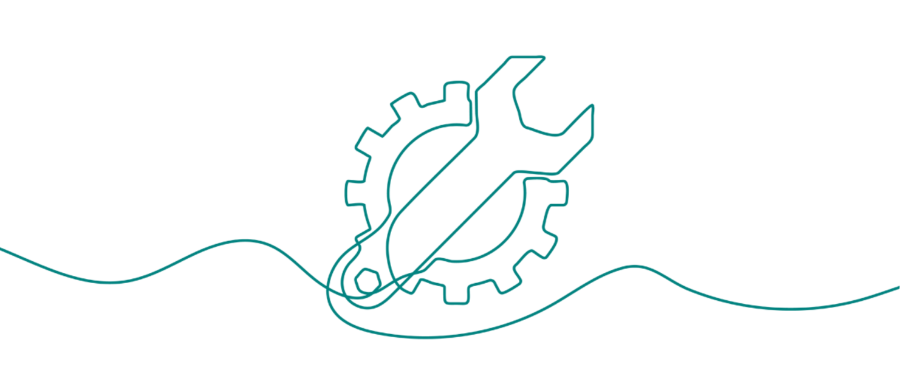Eye Cancer
There are two primary types of eye cancer: ocular melanoma and retinoblastoma.
Ocular melanoma is a rare kind of cancer that starts in the eye. It happens when certain cells in the eye called melanocytes (which give color to your eyes) grow out of control. This cancer usually forms in a part of the eye called the uvea. Even though it’s called melanoma, like skin cancer, this one is found inside the eye, not on the skin. People usually don’t feel pain from it, but it can cause blurry vision or dark spots in what they see. Doctors can find it with special eye exams, and it can be treated with radiation, laser therapy, or surgery. The earlier it’s found, the better the chances of treating it.
Retinoblastoma is a type of eye cancer that mostly happens in young children. It starts in the retina, which is the part of the eye that helps us see by sending images to the brain. This cancer happens when the cells in the retina grow in a way they shouldn’t. Sometimes it’s caused by a change in a gene that’s passed down from a parent, but other times it just happens. One common sign is a white glow in the eye that might show up in pictures or when light shines in the eye. Other signs can be crossed eyes or vision problems. Doctors use tests and eye exams to find it, and it can be treated with chemotherapy, laser therapy, freezing (cryotherapy), or surgery, depending on how serious it is. If it’s found early, it can often be cured.
For more information about eye cancer, please visit the links and organizations listed below.
To save items, you need an account.
Create an account to save items and receive additional information curated for you.
Learn more about my diagnosis.
Create an account to save items and receive information curated just for you.
General Cancer Programs
PEN created these programs to help explain parts of the cancer journey.
Debunks myths about clinical trials and provides patients with knowledge and confidence to feel well-informed when discussing treatment options with their healthcare team
Topics:
- The Basics: Understanding Clinical Trial Research
- Understanding Common Misconceptions
- Clinical Trial Safety
- Clinical Trials 101 Resource Guides
As artificial intelligence (AI) reshapes oncology, DECODE empowers cancer patients and families with clear, practical insights into AI and other emerging healthcare technologies, breaking down how these innovations are transforming cancer care and helping them navigate AI-driven advancements with confidence.
Components:
- Podcasts
- Downloadable Resource Guides
Provides digital literacy skills training with a series of easy-to-follow video modules, coupled with resource guides to educate you on technology and online support tools.
Helps women living with cancer understand the impact on their overall health, including fertility, hormones and sexual wellbeing while enabling informed conversations with their healthcare team about potential options and support.
Information on completing cancer care with actionable steps to engage in key discussions and plan for life after treatment.
Topics:
- Understanding Survivorship
- Advice for Future and Follow-Up Care
Having cancer or caring for someone with cancer can feel really lonely and extremely isolating. We created PEN-Powered Activity Guides to help you cope, relax, and, hopefully, feel a little less overwhelmed.
Focuses on wellness during cancer treatment and post cancer treatment.
Topics:
- Lifestyle
- Diet and Healthy Eating
- Supportive Care
Advocacy program focusing on culturally competent whole-person healthcare, treating the whole-patient in tandem with existing care.
What You Need to Know Before Choosing a Cancer Treatment
Advocacy program focusing on culturally competent whole-person healthcare, treating the whole-patient in tandem with existing care.

External Resources
Cancer Information and Support
Looking for more information?
Sign up to receive the latest news, programs and events delivered to your inbox. Let us know what your interests are so we can provide only the most relevant information for you.









